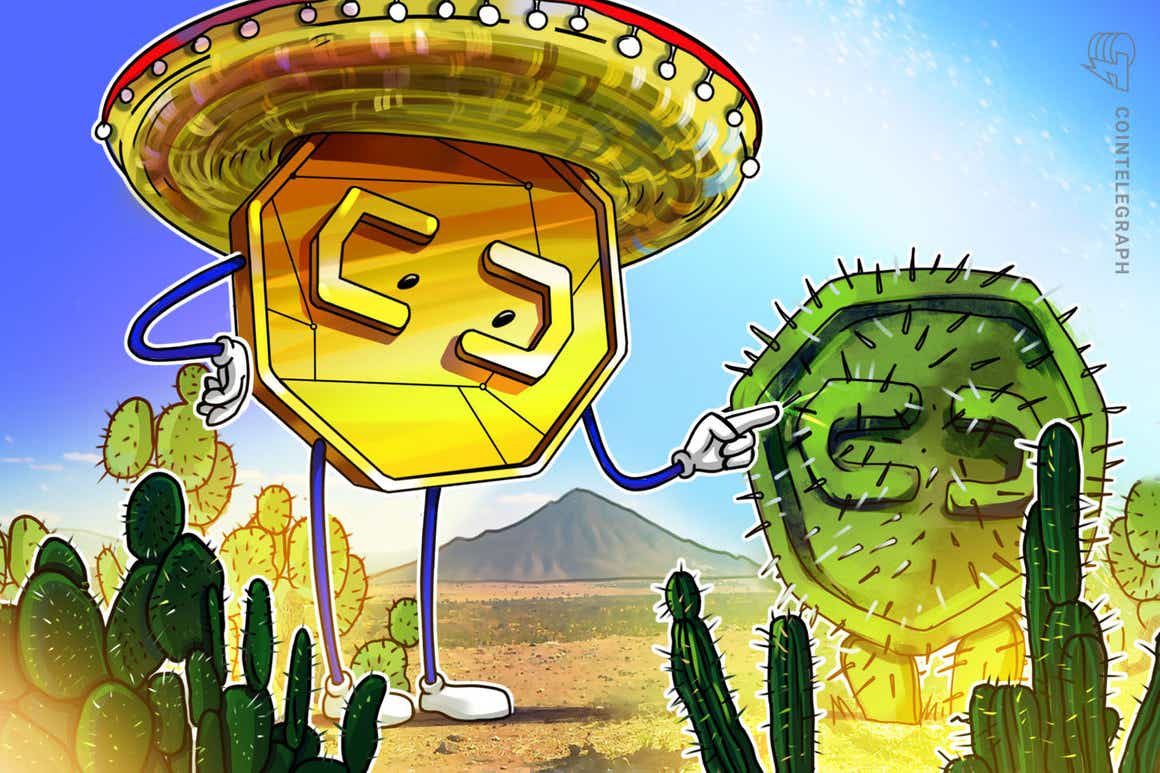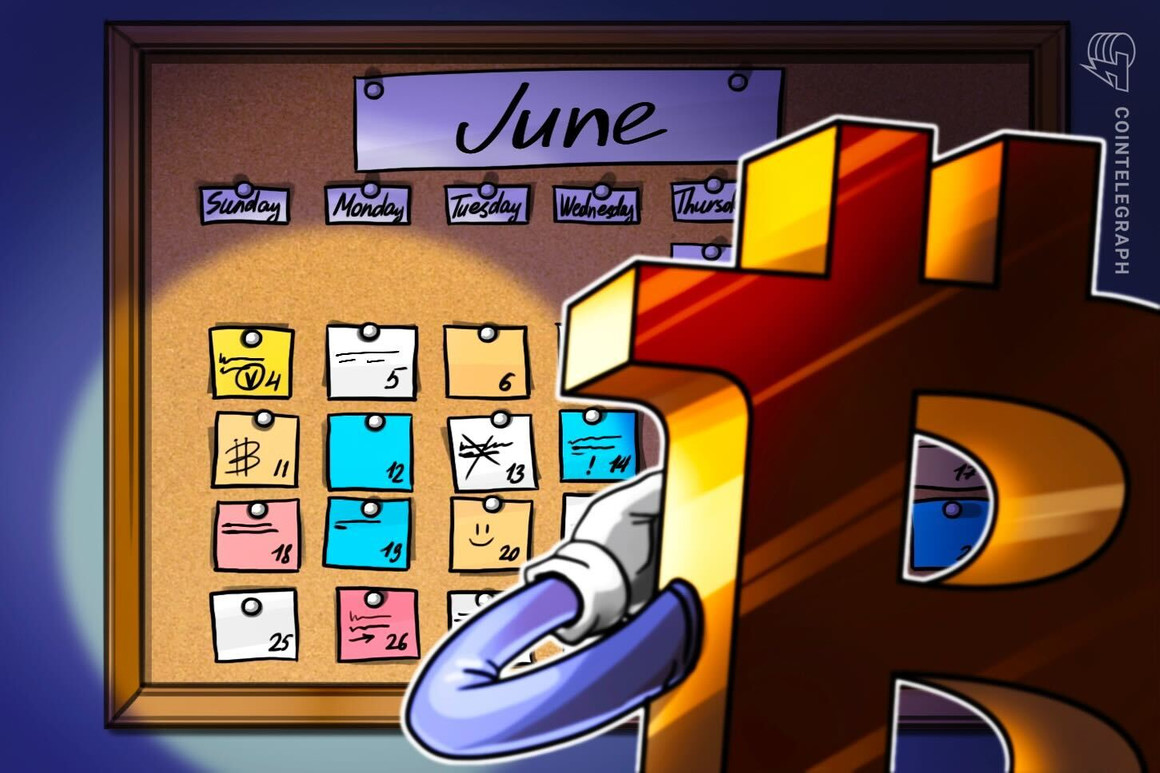One of ethereum’s early stars is pinning its future hopes to a blockchain of its own making.
Dapper Labs, the startup that raised roughly $39 million from venture capitalists after its brief success with the CryptoKitties collectibles game in late 2017, launched a simulator Thursday for its upcoming Flow blockchain.
The move positions Dapper Labs among a number of startups looking to build protocols that will unseat ethereum as the blockchain of choice for a variety of applications.
“We built this blockchain because we wanted a different blockchain to build our games on top of,” said Dapper Labs co-founder Dieter Shirley.
The Flow Playground, as the Dapper Labs simulator is called, aims to attract app developers.
“When you have a new programming domain it makes sense to have a new programming paradigm,” Shirley said of the startup’s new programming language, Cadence.
From his perspective, scaling limitations weren’t the only reason Dapper Labs switched over from using Solidity, ethereum’s native language. Shirley said ethereum’s forthcoming sharding approach in Eth 2.0 would “really limit what you can do with smart contracts” and his team wanted to use a more “consumer-oriented” platform that can handle gaming volume without clogging the network, as CryptoKitties once did to the ethereum blockchain.
Dapper Labs failed to garner sustainable traction with ethereum-based games following its breakout hit. This week CryptoKitties attracted fewer than 200 users, according to DappRadar, down from the 2017 peak of 14,914 daily active users. Recent partnerships with sports leagues like the UFC and the NBA suggest mainstream aspirations for the firm, which helped popularize ethereum’s ERC-721 non-fungible token (NFT) standard.
With nearly 100 employees eager for their next big hit, Shirley said the Dapper Labs team is planning a token sale later this year for accredited investors, the details of which are still unclear.
“Blockchains have their own revenue stream as a part of them, from selling tokens,” Shirley said, adding that tokens won’t be sold to the public until it is legally “prudent” to do so. “We do think the financial support for building a blockchain should be separate from funding from the games. The games need to make sense on their own.”
The startup is tapping partners in academia to help roadtest the new blockchain in the early going.
“If ethereum is blockchain 2.0, then we view Flow as version 4.0. We view Flow as the blockchain technology for the mass market,” Purdue University researcher David Broecker said in explaining why his team will eventually run a Flow node. “Being able to broaden opportunities for faculty and students is incredibly exciting.”
But inventing a new programming language and a new blockchain structure to boot, as Dapper Labs is doing, is notoriously fraught.
Regardless of how many companies are now creating their own languages associated with token sales, such feats are usually problematic, said independent software developer Yuval Kogman. He pointed to the example of JavaScript, which decades later is still so flawed that it’s become a running joke among developers.
“Designing languages is almost impossibly complex,” Kogman said. “I can’t think of a single programmable or scriptable system where this actually went well unless the language itself was a central focus, designed with clear principles and requirements in mind.”
That’s why some ethereum competitors are taking so long to lay the groundwork, and eagerly vying for limited developer mindshare with simulators and contests in the meantime.
Flippening?
Dapper Labs is hardly alone in this approach. Numerous startups are gunning for ethereum’s throne.
For example, Chia CEO Bram Cohen is also inventing a language for the upcoming, venture-backed Chia Network. Cohen said he might “completely unseat ethereum” with Chia, which will eventually allow token issuance and smart contracts just like both the above-mentioned blockchain projects. (Neither Chia nor Flow have a prospective mainnet launch date.)
Cohen said the Chia ecosystem won’t be based on Eth 2.0’s upcoming proof-of-stake (PoS) model, which he sees as fundamentally centralized. Shirley, on the other hand, is opting to follow that part of ethereum’s strategy, letting stakeholders lock up funds to fuel the network. On the other hand, Shirley balked at the idea of using ethereum-inspired projects like Tron, which is already popular with game developers, because Shirley said Tron is too centralized for his goals. Each founder views centralization risks through their own lens.
Likewise, Larry Pang, head of business development at the token-sale-funded startup IoTeX, said he expects to see more companies like Dapper Labs move away from ethereum once grants, events and other sponsored perks run out. (Dapper Labs didn’t receive any such grants, but ethereum creator Vitalik Buterin was formerly an advisor to the fund that owns Dapper Labs investor Fenbushi Digital.)
Unlike Chia and Dapper Labs, IoTeX didn’t invent a unique programming language for its token, used to raise nearly $30 million in a 2018 initial coin offering (ICO).
“Our blockchain is coded in Go … it was important to not completely isolate ourselves,” Pang said. “The ability to port smart contracts from the IoT world was also important to us.”
Regardless of whether Pang, Cohen or Shirley eventually “flip” ethereum, developer Cindy Zimmerman, who worked on AxisPoint projects for clients such as Dapper Labs investor Warner Music Group (WMG), said it may be a “smart move” for companies trying to serve enterprise clients to stop relying on ethereum. There are many reasons, she said, including the costs of operating nodes and broader congestion on the ethereum network. (WMG could not be reached for comment by press time.)
“Developing their own in-house blockchain solution would allow WMG to have more control of the blockchain from a multitude of directions including information and security,” Zimmerman. “The challenge they might face with their in-house blockchain solution is viability to clients as well as other actors in the space.”
Therein lies the million-token question: Is there enough demand for blockchain-related products and services to justify the multiplayer battle among business-to-business startups?
As IoTeX’s Pang pointed out, “we’re realizing you can’t change how the enterprises see [their processes] and you have to meet them where they’re at.”
For now, Dapper Labs’ Shirley said his team is focused on attracting developers and prospective stakeholders to its nascent blockchain.
“At launch, the people running nodes will probably be our investors and our partners, people we know. But the architecture design of the blockchain doesn’t depend on a small number of known participants for security. It can scale to thousands of participants that are anonymous,” Shirley said.
Disclosure Read More
The leader in blockchain news, CoinDesk is a media outlet that strives for the highest journalistic standards and abides by a strict set of editorial policies. CoinDesk is an independent operating subsidiary of Digital Currency Group, which invests in cryptocurrencies and blockchain startups.



